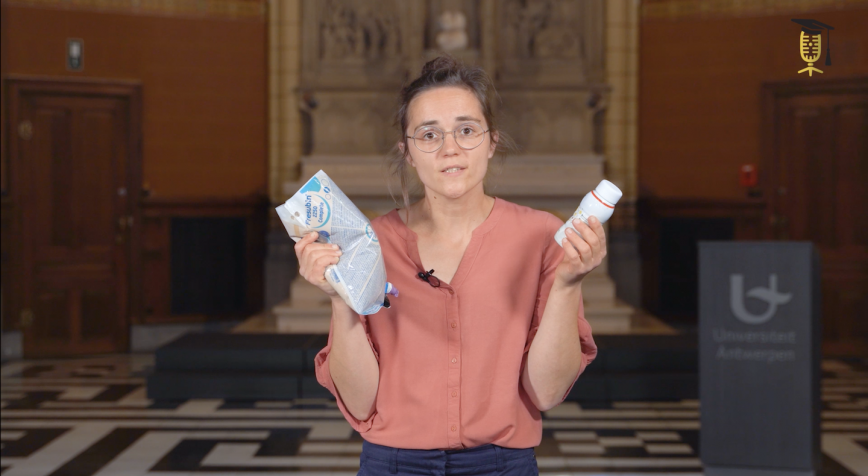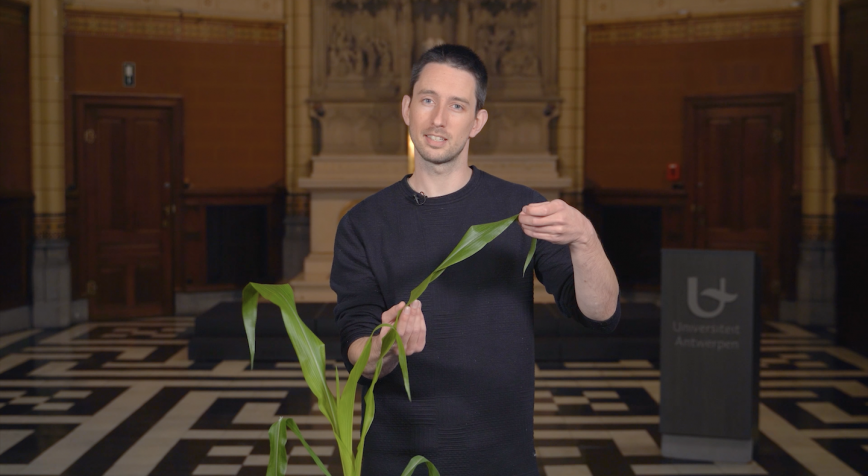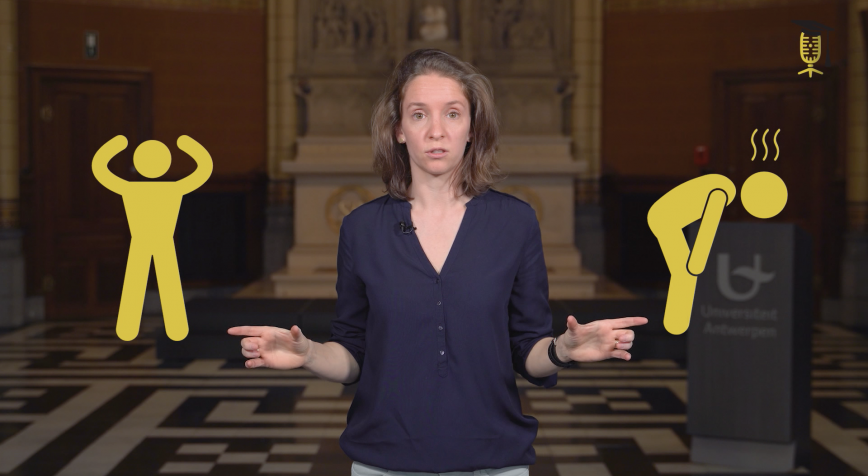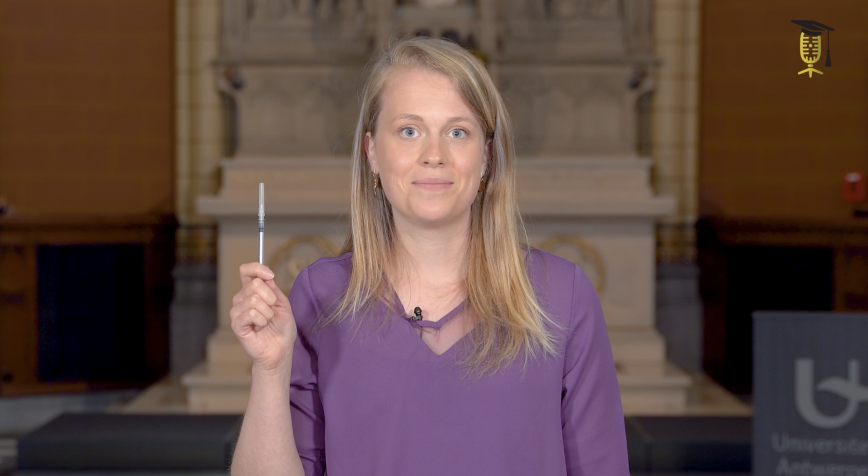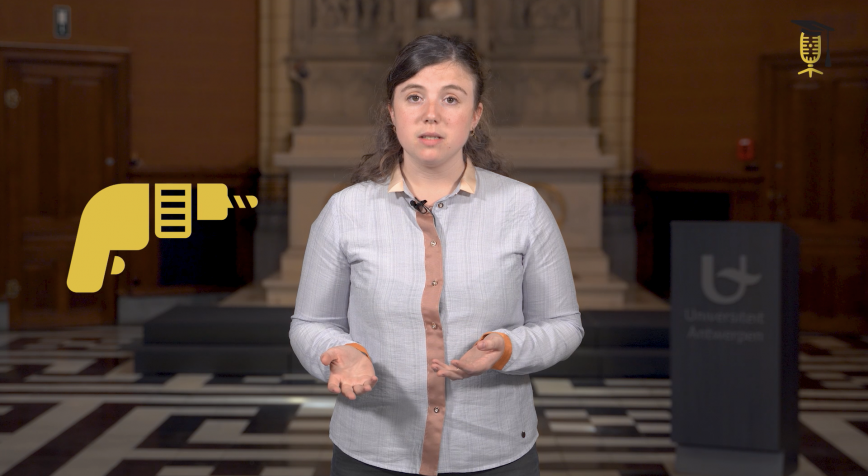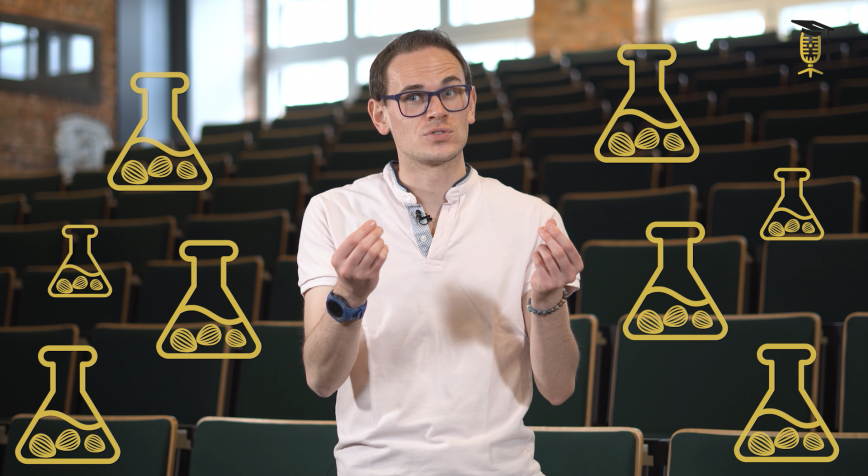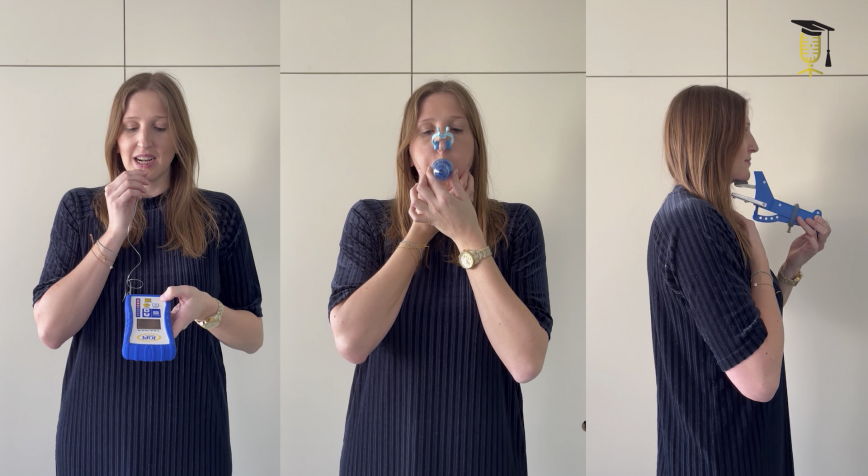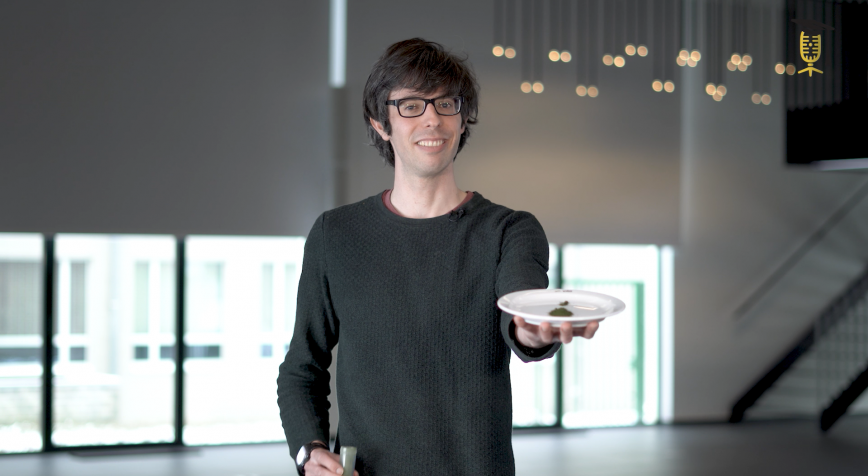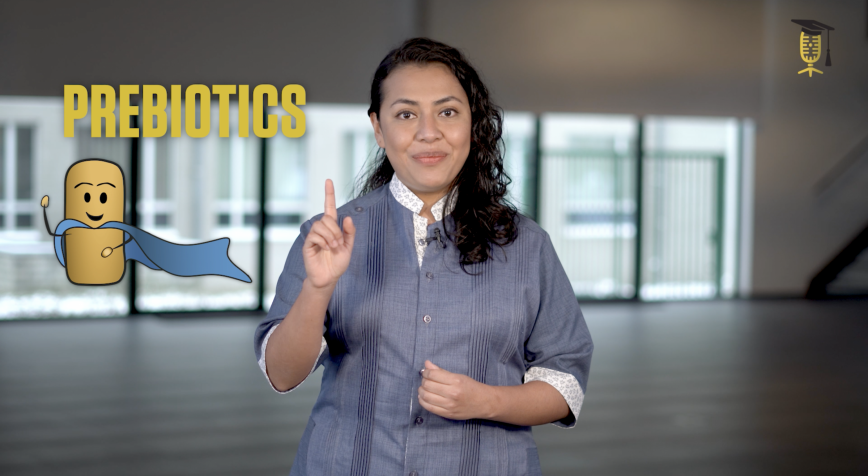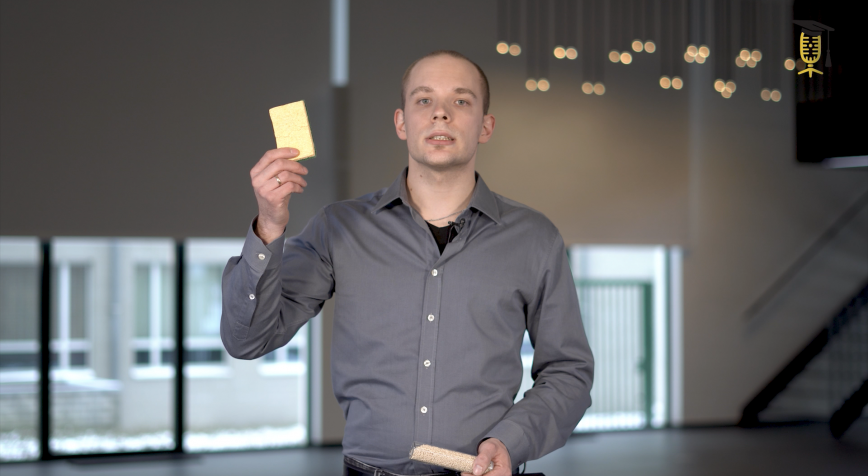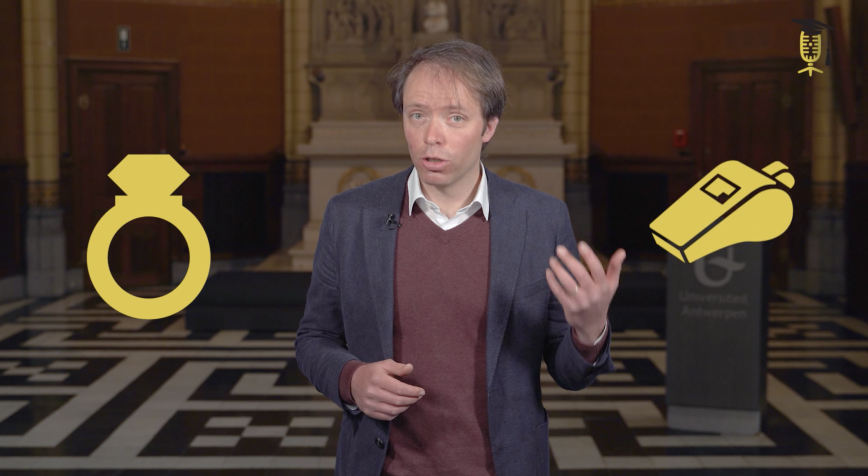
UAntwerpen
Why do the social sciences fail?
Hard sciences, such as physics, understand very well how the material world works and have contributed to enormous technological progress. But the social sciences, such as economics or sociology, do not seem to understand as well how the social world - human society - works. Thus, we apparently do not know how to build a peaceful and prosperous society worldwide. Michael Bauwens (UAntwerpen) tries to find out which fundamental assumptions researchers should use to do social science.
